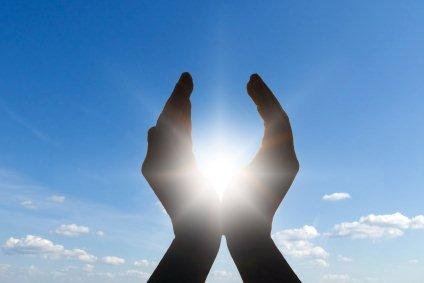An articled called, "An End to Self Care" was recently published, in which an activist proposed bringing an end to all the individualism behind "self-care" and, instead, called for sustainable community care. His piece (and some of its praise) reminded me why I've made it a point to stay away…
-
-
Finding Common Ground (Part 1): Why Aren’t More Activists Collaborating?
Based on how often marginalized people talk about the power of "community", especially within the realm of grassroots activism, one would imagine the non-profit industry would have evolved into a flourishing ecosystem of recyclable free-flowing skills, services, and progressive ideas by now. Yeah, that's not happening. Welcome to the first…
-
In Memory of David Kato: We Will NOT Abandon Hope for Fear
No doubt David's brave words will resonate with activists and community organizers all over the world. His words along with Gloria's call to action are enough to get me out of my rut, even though I am still sad, and still afraid. The truth is that even though, like so…

